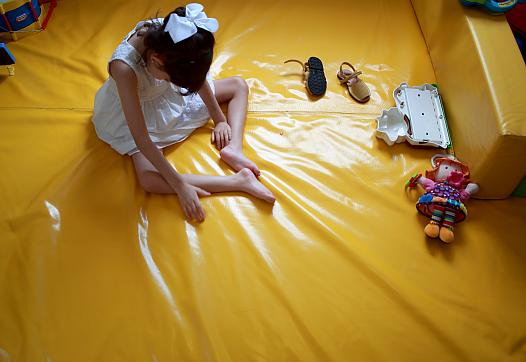
Given that one in four children in this country has a chronic condition, the human costs of such negligence are high.

Given that one in four children in this country has a chronic condition, the human costs of such negligence are high.
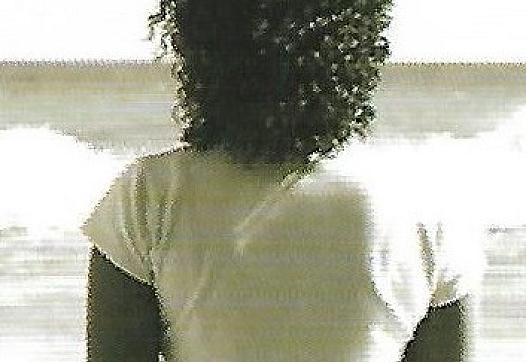
Years after the National Black Women’s Health Project identified domestic violence as “the number one public health issue for women of African ancestry,” African-American women continue to be abused at disproportionately higher rates than other women and to be killed more often by a current or forme
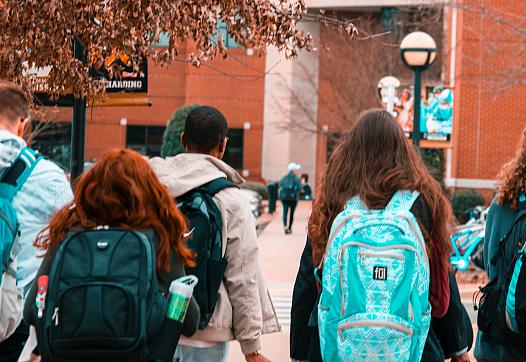
Georgia’s APEX program is entering its fifth year. It’s the state’s attempt to increase mental health services in both private and public schools. ...
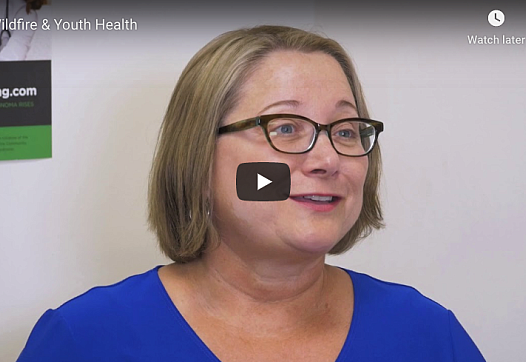
This story was produced as a project for the 2019 California Fellowship, a program of USC Annenberg's Center for Health Journalism.
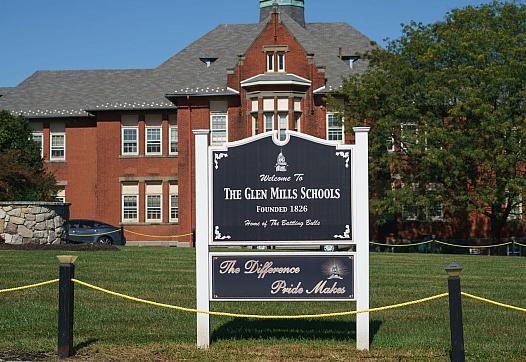
Pennsylvania should make comprehensive changes to its juvenile justice programs and the agencies overseeing them to ensure the safety of children ordered to these state-licensed facilities, a council formed by Gov. Tom Wolf said Friday.
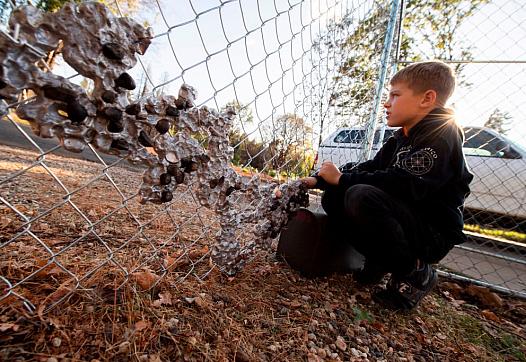
In the fires that devastated Paradise and Santa Rosa, kids were often the most vulnerable.
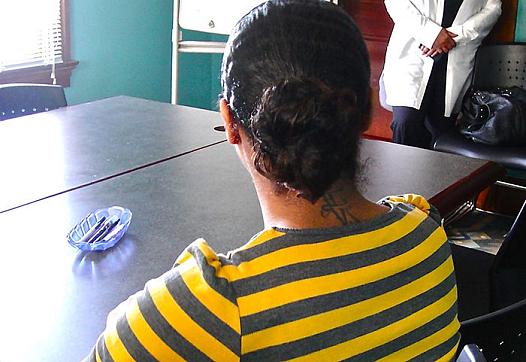
A report published by the Los Angeles County Public Health Department shows economic hardship and an inability to support one’s family because monthly earnings do not cover monthly expenses may contribute to the disproportionate rates of domestic violence toward African-American women.
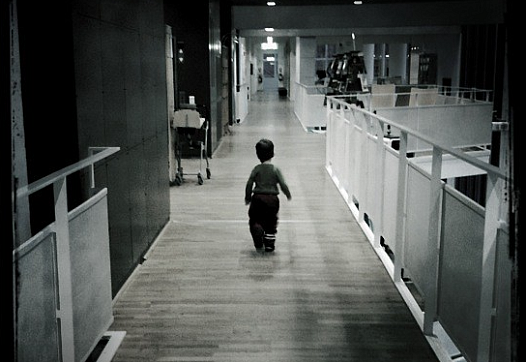
When horrific cases of child abuse make headlines, social workers are often painted as neglecting their duty. But is a system that protects parental rights and keeping families intact really to blame?
This story was produced as part of a larger project led by Nikie Johnson, a participant in the USC Center for Health Journalism's 2018 Data Fellowship....
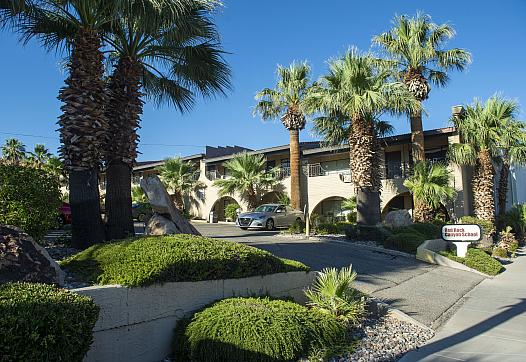
Some children have been sexually assaulted. There are documented cases of child abuse. There have even been riots.